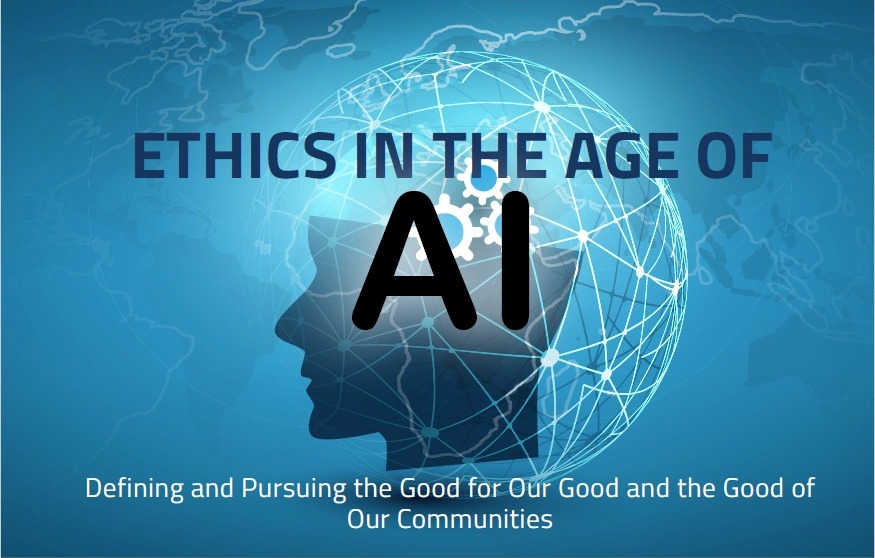 Image Source : National Institutes Of Health (NIH)
Image Source : National Institutes Of Health (NIH)
The U.S. National Institutes of Health (NIH) has unveiled a landmark five-year research initiative aimed at redefining how health is understood, measured, and restored. Announced on September 17, 2025, the Whole-Person Health and Function project seeks to build an integrated knowledge network of healthy physiological function—shifting the biomedical focus from disease-specific research to a holistic view of human health.
Led by the National Center for Complementary and Integrative Health (NCCIH), the initiative will draw on existing anatomical and biomolecular data to create a dynamic model of whole-person health. This includes linking common clinical measures such as blood pressure, glucose levels, and cholesterol to broader physiological systems, enabling researchers to explore health as a unified, interconnected process.
Key Highlights From The NIH Announcement
- Five-year initiative launched to advance whole-person health research
- Led by NIH’s National Center for Complementary and Integrative Health
- Focuses on integrating data across organ systems and physiological functions
- Builds on NIH Human Reference Atlas and Human BioMolecular Atlas Program
- Future stages will connect clinical metrics to systemic health outcomes
- Aims to develop an interactive model of healthy human physiology
Rationale Behind The Initiative
Traditional biomedical research has long been organized around the study of individual organs and diseases. However, NIH officials argue that this fragmented approach overlooks the complex interplay between systems that defines true health. Whole-person health emphasizes the integration of physical, emotional, behavioral, and environmental factors that contribute to resilience and well-being.
The initiative seeks to:
- Shift research focus from disease treatment to health restoration
- Promote understanding of multisystem interactions in health maintenance
- Enable personalized and preventive care through data-driven insights
- Support development of composite health indices for clinical use
Research Framework And Methodology
The project will proceed in multiple phases, beginning with the aggregation of existing human data from NIH repositories. This includes anatomical maps, biomolecular profiles, and clinical datasets. Researchers will then organize these inputs into a Whole Person Reference Physiome—a digital framework that represents healthy function across the body.
Key components of the framework include:
- Mapping inter-organ relationships and feedback loops
- Identifying biomarkers of systemic health and dysfunction
- Linking lifestyle interventions to physiological improvements
- Testing the model through clinical trials and real-world applications
The initiative will also explore how multicomponent lifestyle interventions—such as diet, exercise, and stress management—can simultaneously improve cardiovascular, metabolic, and musculoskeletal health.
Implications For Clinical Practice And Public Health
Once developed, the Whole Person Reference Physiome could revolutionize how clinicians assess and manage health. Instead of treating isolated symptoms, practitioners may use the model to identify root causes and systemic imbalances. This could lead to:
- More accurate risk stratification and early detection
- Tailored interventions based on individual physiological profiles
- Enhanced recovery pathways for chronic conditions
- Broader adoption of integrative and preventive care models
Public health agencies may also leverage the framework to design population-level strategies that promote resilience and reduce disease burden.
Leadership Perspective And Future Outlook
Dr Helene Langevin, director of NCCIH, emphasized the importance of connecting new scientific data to existing knowledge. She noted that the initiative will lay a foundation for understanding the mechanisms that drive health decline and restoration, offering a new lens through which to view human biology.
As data acquisition accelerates, NIH aims to ensure that research remains cohesive and actionable. The Whole-Person Health initiative represents a paradigm shift—one that could reshape the future of medicine, wellness, and healthcare delivery.
Sources: NIH News Release September 2025, The Star Malaysia, NCCIH Strategic Plan
Advertisement
Advertisement







